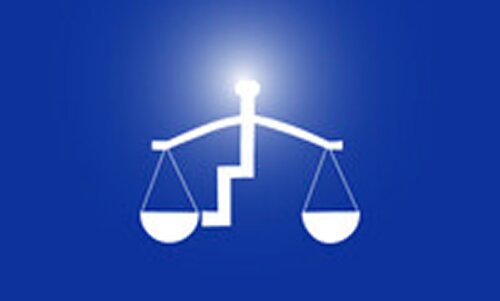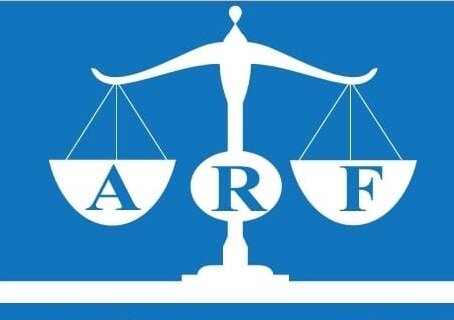Best Constitutional Law Lawyers in Kampala
Share your needs with us, get contacted by law firms.
Free. Takes 2 min.
List of the best lawyers in Kampala, Uganda
About Constitutional Law in Kampala, Uganda
The legal system in Uganda is based on English common law and African customary law. The Constitution of Uganda, enacted in 1995, is the supreme law of the country. All other laws, including laws in the capital city of Kampala, derive their authority and substance from the constitution. The constitutional law in Kampala therefore encompasses a wide range of legal issues, from fundamental human rights to administrative governance issues.
Why You May Need a Lawyer
Constitutional law governs many complex aspects of the legal system. You may need a lawyer who specialises in constitutional law if your rights, as set out in the Constitution, have been infringed upon. This could involve cases regarding to freedom of speech, right to a fair trial, right to privacy, or discrimination cases, among others. A lawyer can also be necessary if you are involved in a legal dispute with the government or if you need clarification and guidance on any matter relating to the Constitution.
Local Laws Overview
The local laws of Kampala fall within the framework of Ugandan Constitution. Key issues relevant to constitutional law include the protection of fundamental human rights, rule of law, checks and balances between different branches of government, and the application of laws by the courts. Kampala, being the capital, often sets precedence for many constitutional law cases, given its significant legal influence in the country.
Frequently Asked Questions
What is the highest law in Uganda?
The Constitution is the highest law in Uganda, and all other laws must be consistent with it. Any law or custom that contradicts the Constitution is deemed null and void.
How is the Constitution of Uganda amended?
The Constitution can be amended by an Act of Parliament. However, certain clauses of the Constitution require a two-thirds majority in Parliament and a referendum.
What are some examples of fundamental rights protected by the Ugandan Constitution?
The Constitution of Uganda guarantees several rights and freedoms, including: right to life, freedom from torture, cruel, inhuman and degrading treatment; right to a fair trial; right to privacy; freedom of conscience, expression, assembly, and association; and rights related to family, children, women, and people with disabilities, among others.
What role do courts play in constitutional law in Uganda?
One of the most important roles of the courts in Uganda is to interpret the Constitution and ensure that all laws and actions of the government comply with it. This includes the Constitutional Court which specifically hears cases that relate to the interpretation of the Constitution.
Can the President of Uganda be taken to court?
While in office, the President is immune from legal proceedings, but can be impeached for breaking the law. After their term of office, they may be subject to legal proceedings for actions taken while in office.
Additional Resources
The Parliament of Uganda and the Judiciary (Courts of Judicature) websites have beneficial information on constitutional law. Also, the Uganda Law Society and various human rights organizations can provide assistance or point you in the right direction for related queries.
Next Steps
If you believe you need legal assistance with a constitutional law matter, seek advice from a professional constitutional lawyer in Kampala. Ensure that the lawyer is registered with the Uganda Law Society. It's important to present all relevant information to your lawyer, and don't be afraid to ask questions to fully understand your legal position and options.
Lawzana helps you find the best lawyers and law firms in Kampala through a curated and pre-screened list of qualified legal professionals. Our platform offers rankings and detailed profiles of attorneys and law firms, allowing you to compare based on practice areas, including Constitutional Law, experience, and client feedback.
Each profile includes a description of the firm's areas of practice, client reviews, team members and partners, year of establishment, spoken languages, office locations, contact information, social media presence, and any published articles or resources. Most firms on our platform speak English and are experienced in both local and international legal matters.
Get a quote from top-rated law firms in Kampala, Uganda — quickly, securely, and without unnecessary hassle.
Disclaimer:
The information provided on this page is for general informational purposes only and does not constitute legal advice. While we strive to ensure the accuracy and relevance of the content, legal information may change over time, and interpretations of the law can vary. You should always consult with a qualified legal professional for advice specific to your situation.
We disclaim all liability for actions taken or not taken based on the content of this page. If you believe any information is incorrect or outdated, please contact us, and we will review and update it where appropriate.

















